Search
Search Results
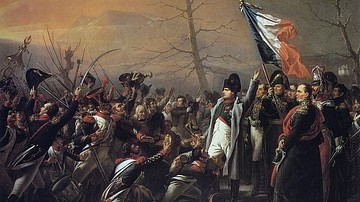
Definition
Hundred Days
The Hundred Days refers to the second reign of French Emperor Napoleon I, who unexpectedly returned from exile to reclaim the French throne. It encompasses Napoleon's triumphant return to Paris on 20 March 1815, his climactic defeat at the...
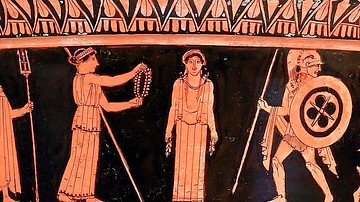
Definition
Works and Days
Works and Days is an epic poem written in dactylic hexameter, credited to the 8th-century BCE Greek poet Hesiod. Hesiod is generally remembered for two epic works, Theogony and Works and Days but, like his contemporary Homer, he was part...
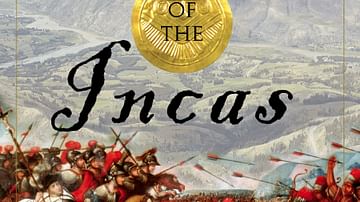
Interview
Interview: The Last Days of the Incas (Kim MacQuarrie)
How did a mere 167 Spaniards conquer an empire of 10 million people? The Spanish were outnumbered 200-to-1 yet they were able to seize the Inca capital, Cuzco, and dispose of the Inca ruler within only a year. Kim MacQuarrie's The Last Days...

Interview
Interview: Arcadian Days by John Spurling
Join World History Encyclopedia as they sit down with John Spurling to talk about his new book of Greek mythology retellings Arcadian Days, published by Pegasus Books. Kelly: Thank you so much for joining me to talk about your book Arcadian...
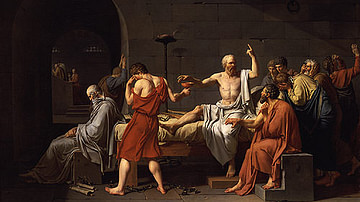
Article
Plato's Greater, Better World in The Last Days of Socrates
The Last Days of Socrates is a modern-day title for the collection of four Socratic dialogues by the Greek philosopher Plato – the Euthyphro, Apology, Crito, and Phaedo – telling the story of the trial, imprisonment, and death of Socrates...

Image
The Last Days of the Incas
The book cover of 'The Last Days of the Incas' by Kim MacQuarrie and published by Simon and Schuster.
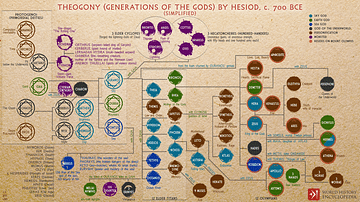
Definition
Hesiod
Hesiod (c. 700 BCE) in conjunction with Homer, is one of those almost legendary early Greek Epic poets. His works are not of comparable length to Homer's. Hesiod's poems are not epic because of their length, but because of their language...
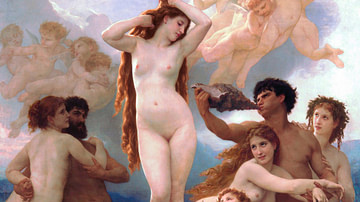
Definition
Greek Mythology
Greek mythology was used as a means to explain the environment in which humankind lived, the natural phenomena they witnessed and the passing of time through the days, months, and seasons. Greek myths were also intricately connected to religion...
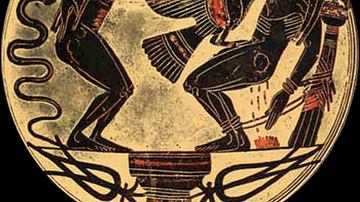
Definition
Prometheus
In Greek mythology, the Titan Prometheus had a reputation as being something of a clever trickster and he famously gave the human race the gift of fire and the skill of metalwork, an action for which he was punished by Zeus, who ensured everyday...
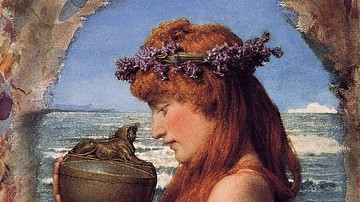
Definition
Pandora
Pandora is a figure from Greek mythology who was not only the first woman, but —as an instrument of the wrath of Zeus— was held responsible for releasing the ills of humanity into the world. Pandora was also an unrelated earth goddess in...